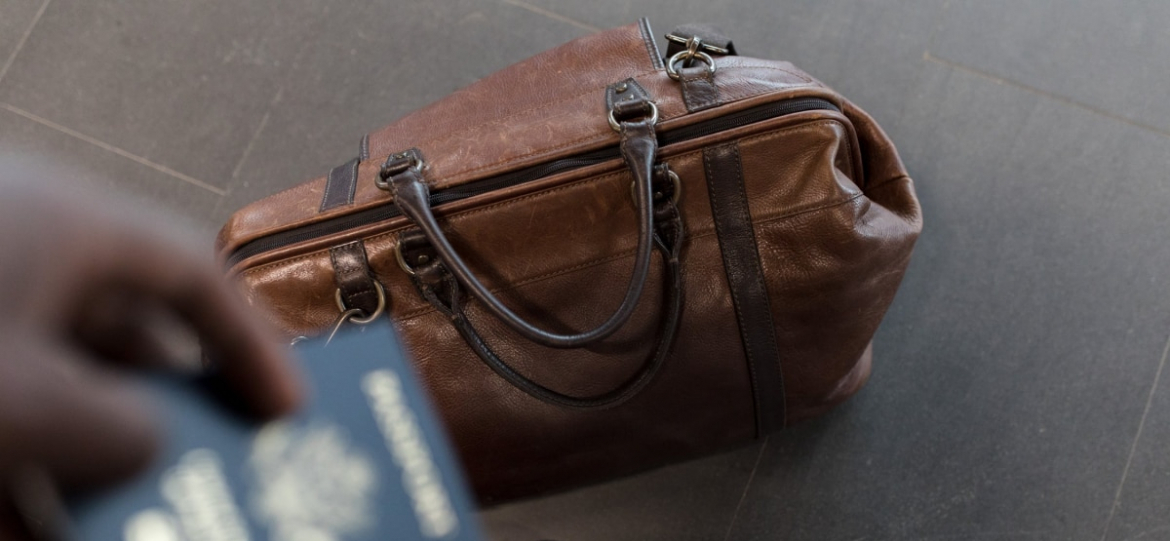What is the DELF Tout Public?
The DELF Tout Public is the most commonly-taken test (read more about the Diplôme d’Etudes en Langue Française). This French language test allows you to certify your level of French linguistic competencies, if you would like to assess or prove your level of French to join a French school or business.
NB : There are changes to come in 2020 on the DELF test.
In the category Introduction to the DELF exam, we have gathered all the practical information you need for your test preparation.
DELF tout public: Who does it target?
Are you a foreign national and do you wish to assess your competencies in French for both personal and professional reasons?
Do you have French nationality but come from a non-French-speaking country and do not have a French secondary school or higher education diploma?
As its name indicates, the DELF Tout Public allows everyone to show their proficiency in the French language, except for those with more experience (levels C1 and C2 of the CEFR: Common European Framework of Reference for Languages), who should instead look at DALF qualifications (Diplôme Approfondi de Langue Française).
You should also be aware that some DELF qualifications have been specially adapted to younger audiences: DELF Prim, DELF Scolaire and DELF Junior. These tests cover subjects which are more appropriate for a younger audience that has different interests and needs from an adult audience.
The DELF Professionnel assesses your ability to master French in a business context, with the aim of joining a French-speaking company (it is the French equivalent of the TOEIC exam).
What does the test assess?
More than a certifying language exam, the DELF assesses your competencies in
- Written and spoken comprehension
- Written expression
- Oral production (interaction with the jury)
At which level should I enrol?
For the DELF exams, it’s up to you to enrol in the category that you think is the best for you. The DELF will allow you to certify your level of French officially.
To avoid making a mistake and ensure that you enrol in the right exam, one which is not too easy or too difficult, you should refer to the Common European Framework of Reference for Languages (CEFR). The different levels of the DELF have been developed by the Ministry of National Education, Higher Education and Youth according to these official standards.
Here is a small recap to remind you of all that you need to know:
| Type of candidate | CEFR level | DELF exam | Total duration of the collective exam sections |
| Beginner user (first experience) | A1 | DELF A1 | 1 hour and 20 minutes |
| Elementary user(can talk about activities from day-to-day life) | A2 | DELF A2 | 1 hour and 40 minutes |
| User (can follow an interaction) | B1 | DELF B1 | 1 hour and 45 minutes |
| User (can argue and correct themselves) | B2 | DELF B2 | 2 hours and 30 minutes |
French-speaking universities require level B2 or C1 (DALF).
Each DELF Tout Public exam, whatever the level, shares these characteristics :
- A final mark out of 100
- The pass level needed to obtain a diploma : 50/100
- Minimum score needed to pass each section: 5/25
The marks appear on the diploma.
Practical information
Where can I register?
You can register directly in France or abroad by going to a DELF exam centre
There are more than 1,000 centres where you can sit your DELF Tout Public exam!
How much does it cost?
The registration cost depends on:
- Abroad: agreements with the relevant local authorities
- In France: the board of education
Contact your exam centre to find out more about current fees.
Examples of the DELF B2 fee
- €150 in Tours
- €249 in Paris Sorbonne
How long does it take to receive my results and diploma?
After sitting the exam, you will receive:
- Your results within approximately 4 weeks
- Your diploma within 6 to 8 months
Can I consult a copy of my written exam?
It is not possible to consult your paper unless you have failed the exam.
If you don’t know whether you should take the DELF or the TCF, you can check out our blog posts to find out which one is best for you.



